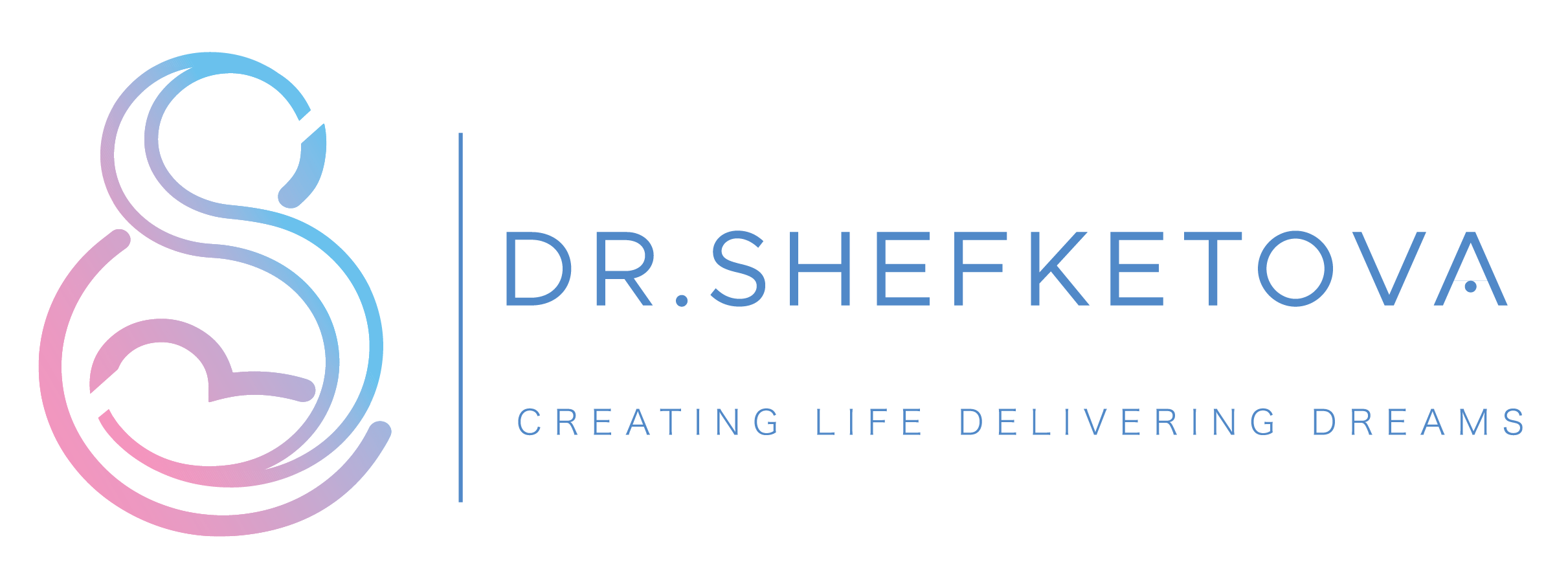Donation
Healing Hands, Restoring Lives
Donations
Give the Gift of Life – Become a Donor!
Are you ready to make a life-changing impact? By donating your reproductive cells, you can help individuals and couples achieve their dream of having a child.
We are looking for healthy men and women to join our donor program and contribute to the miracle of life. Your generosity can bring hope to those struggling with infertility.
Call us today to learn more about the process and how you can help!
Together, we can create new beginnings
Egg Donation
Sperm Donation
Embryo Donation
Give the Gift of Life – Become a Donor!
How Is The Donation Procedure Carried Out?
The team at an assisted reproduction center conducts a thorough interview with cells donation volunteers, gathering detailed personal and family medical histories. Potential donors must meet specific criteria to qualify for donation. Key factors include overall health (including genetic and infectious disease screenings) and age.
Voluntary and Altruistic Nature of Donation
Cells donation is entirely voluntary and altruistic, aimed solely at helping those in need. However, donors often receive financial compensation to cover expenses and time associated with the procedure.
Legal and Ethical Considerations
Donors are informed about the legal implications of donation. This includes the possibility of donor anonymity depending on national regulations. Donors are encouraged to ask detailed questions and seek guidance from national health authorities if needed.
Initial Screening and Assessment
Medical Examination and Tests: Each prospective donor undergoes a medical evaluation and blood tests to rule out contraindications for donation. The primary goal is to ensure the donor’s safety, minimize the risk of transmitting infectious diseases to the recipient, and optimize the potential offspring’s health.
Consultation: Donors receive psychological counseling to discuss the potential outcomes and implications of the procedure. These consultations provide detailed information about the process.
